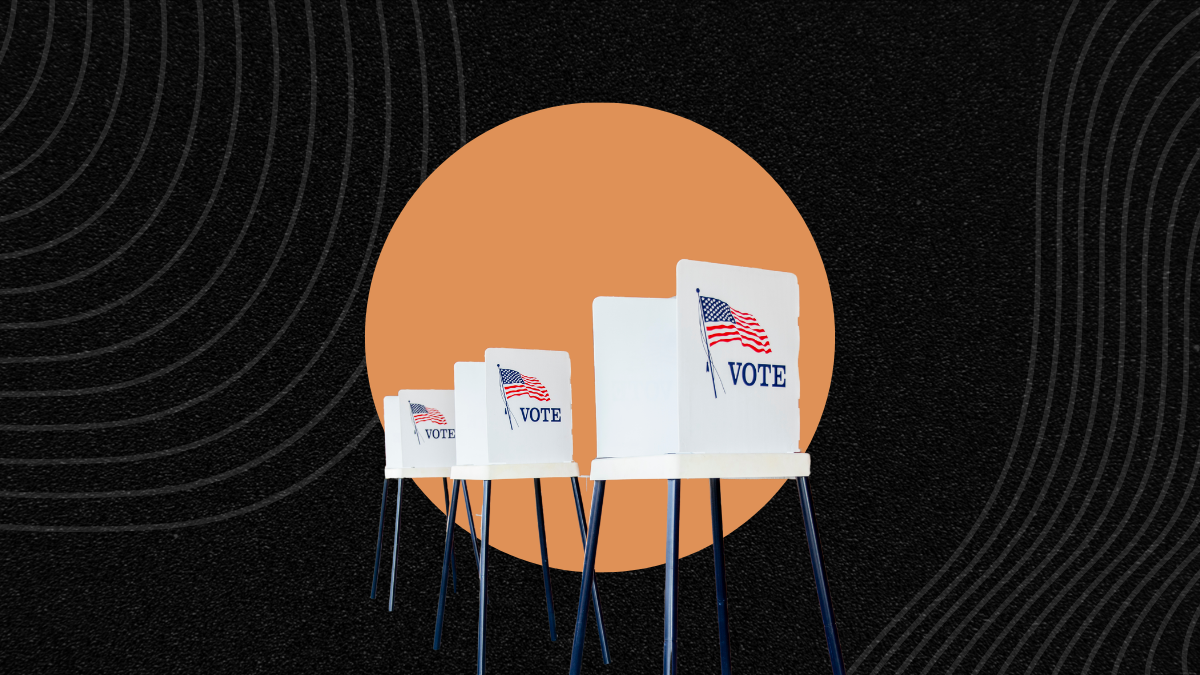Source: NC Newsline
The North Carolina Republican Party and its two Republican members of the North Carolina State Board of Elections (NCSBE) are up in arms after the board approved counties’ early voting plans three months earlier than usual, NC Newsline reported.
The plans were approved in a vote along party lines, with Republicans complaining that having every county’s early voting locations and hours set in stone in May instead of August is “rushed”
The Board was forced to make decisions early due to a possible overhaul by Republican legislators that Democrats and voting rights advocates have said could result in deadlocked decisions on early voting plans. If that were to happen, it would create situations where disagreements over early voting plans would result in counties only opening one early voting site. That site would have just one day of Saturday voting and no Sunday voting.
Gov. Roy Cooper sued over the law and it was struck down by a three-judge panel in March. Republican lawmakers have appealed the ruling.
The NCSBE’s move to approve early voting plans three months early could help keep expanded access for this fall’s election.
According to NC Newsline, board members were given memos and maps from a lawyer representing the NCGOP and the Republican National Committee shortly before they met to vote on the plans on June 4. The GOP claimed that the early voting plans disadvantaged some voters who would have to make a farther drive to reach a polling site, which is quite an ironic argument coming from the party that wants to cut early voting sites and hours.
Board members said they received 20 memos that asked for more time. Some local elections directors said that the early voting sites in their plans were locations used many times in the past. They also said that their counties lacked places that could be turned into polling places in certain areas.
“The letters were nicely written. They tell an incomplete story,” said Democratic state Board member Siobhan Millen of Raleigh. All the letters criticize locations, but have “very vague solutions,” she said. “To me, I’ll be honest, it looks like a Hail Mary pass to try to delay a decision…”
In previous years, the NCSBE would do its own analysis of drive times for residents but they can’t anymore because they don’t have enough staff, Elections Director Karen Brinson Bell told the board, NC Newsline reported. The NC Department of Information Technology tried to help but they are “resource-strapped” and couldn’t get the information in time, Bell added.
State board lawyer Paul Cox said drive-time analyses have always been a struggle for the board.
“There is no single formula to determine adequate sites,” he said. Site selection involves many factors, including whether the local board has access to desired locations and whether they provide enough space, Cox said.
At the meeting where the plans were approved, the board was needed to decide early voting plans for 11 counties where the local board could not come to a unanimous decision.
The disagreement was often over Sunday voting hours, according to NC Newsline. The Republican Party is generally opposed to Sunday voting.
Black churches often organize “Souls to the Polls” for voters on Sundays after services end. Republicans claim that by getting rid of Sunday voting hours, poll workers will be able to take a much-needed break on a day of religious observance. Courts have repeatedly ruled that outlawing Sunday early voting is unconstitutional due to racial discrimination.





